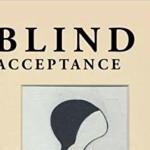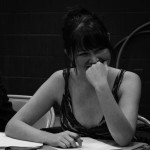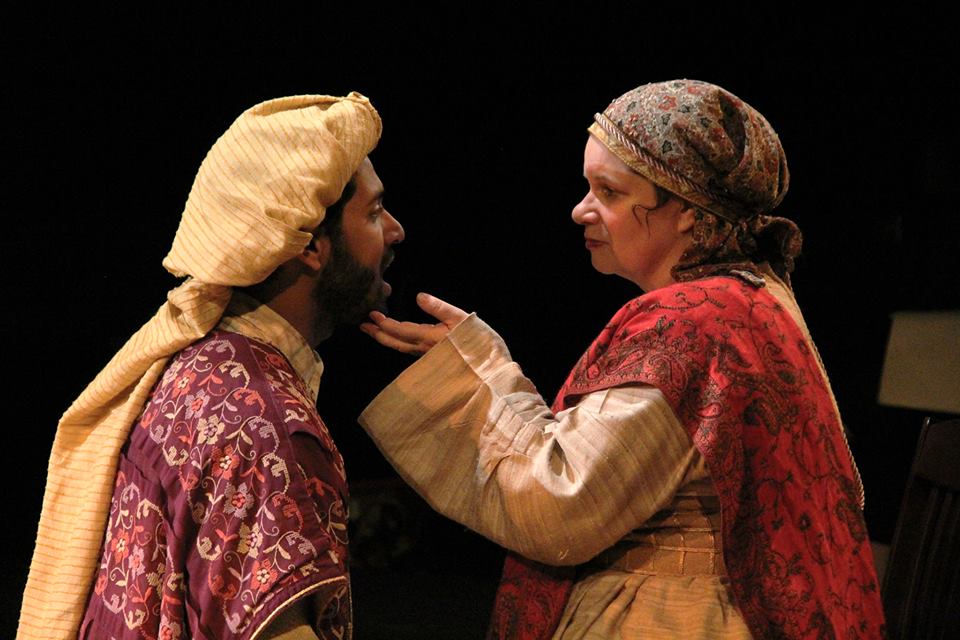
Language in all its glory is the main source of the history we know. The evolution of language through the ages, and what it managed to accomplish when used right, is fascinating. Through centuries, languages have been created, bent, used and abused to entertain and progress our societies. Language is both our most important tool and our way to a united peace. And it is the power of language to create peace and dictate history that is in the forefront of La MaMa’s production of Jessica Litwak’s “My Heart Is In The East.” An exploration of love, hate and how words can change the world.
The play starts fast; it hooks you right from the start. Miri is a hopeful woman going on a trip to Iraq, where she will be teaching at a university for a few days. In Iraq she meets Ishmael, a translator who hates ISIS and hopes to one day escape his reality. Ishmael works as Miri’s translator and they create a bond, despite Ishmael’s discontent for her culture. They both are in love with language and they both have strong ideas on how to use it. This is more on display in the second half of the play, when they visualize the story they want to tell and the play takes us back to the earlier days of civilization. It’s during this part that we reach an understanding with the characters about how important language and expressing yourself is. It is a direct contrast to the first half, where using words to communicate humanity was frowned upon.
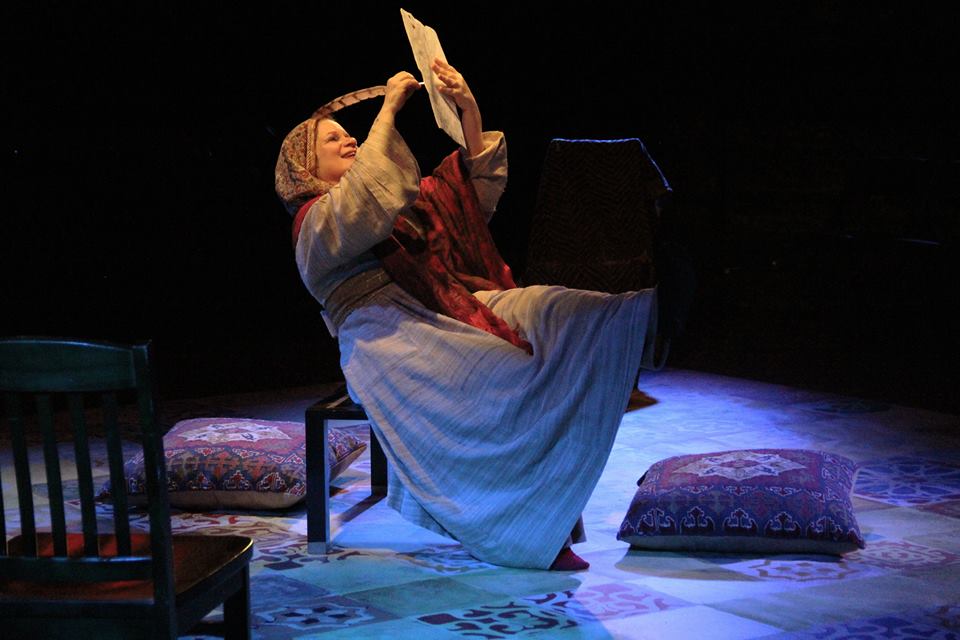
The play is anchored by two charming performances from two strong actors. Litwak herself plays the main female character with both grace and dominance, making it a pleasure to follow her through the ages. Raji Ashan, who plays the male character, commands interest with his performance and makes changing characters look effortless. The two of them make the audience care for the play more than the script itself.
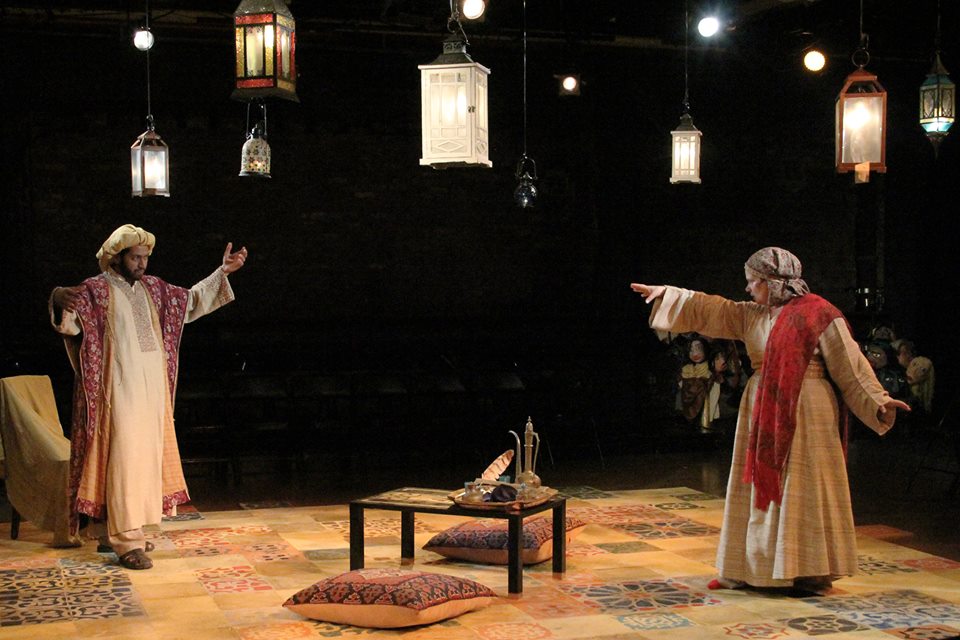
The problem with the production itself is that it’s two different plays in one that do not connect well together. The first half is fast, unique, fun — a political thriller that keeps you on the edge of your seat. The second half is a study of how positions in life affect you and your work, how being a woman alone can hinder your potential, as well as being from Iraq in modern times. And while both of these are excellent, their mishmash styles really hurt the overall product. The play slows down at the wrong moment, and it starts feeling like it’s dragging toward the end. With a running time of 105 minutes and no intermission, slowing down on the second half may have not been the best choice. Also, while intermissions are a choice of the creators, this is a play that would greatly benefit from it.
The show is well put together; Director Jen Wineman knows how to do theater. While the play may be a tale of two ideas mixing and not finding the right combination, the production aspects and performances more than make up for it. The climax isn’t as strong as what happens earlier, but the script is gorgeously written. I’m conflicted about how much I like the play, all I know is that i did. And I encourage you to watch it and form your own opinion. This is a very good piece of theater that should be seen and discussed.
Out of 4 stars:


